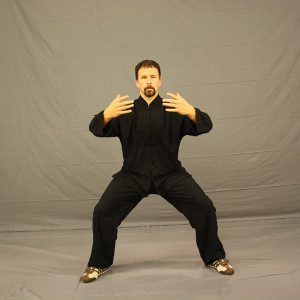 Tai Chi can help Arthritis of the Knee
Tai Chi can help Arthritis of the Knee
In a study that was conducted at Tufts University and published in Arthritis Care and Research journal, it was reported that Tai Chi can help to improve overall function and significantly reduce the levels of pain suffered by those with arthritis of the knee. The research was funded by the National Center for Complementary and Alternative Medicine in attempt to prove that the slow, rhythmic movement of Tai Chi Chuan could become a part of the overall treatment program for those with this disease.
The test group consisted of a total of 40 people, all of whom were over the age of 55 and were diagnosed with arthritis of the knee. The study group was split in half, with one group taking part in twelve weeks of Tai Chi classes and the other half attending a general wellness class that included stretching exercises. The classes were held twice each week and all participants were instructed to practice either their Tai Chi or their stretching exercises for 20 minutes each day at home.
Before the study began, each patient was asked to fill out a questionnaire that covered subjects such as their level of pain, their overall mental state, how their arthritis was affecting their quality of life and a variety of other health related questions. The same questionnaire was also filled out at the end of the study period. One thing to keep in mind is that all exercises were specifically designed not to aggravate the arthritis of the knee.
Tai Chi
As an addendum to the study, it was noted that 9 months after the study had concluded, less than half of those who had been involved were still performing the exercise they had been taught. At this point the difference in levels of pain was negligible as was their ability to perform daily activities, however as a caveat, those who were still practicing their Tai Chi did score much lower scores when tested for depression.
Learn more about Portland Tai Chi Classes or Visit the Main Page.



